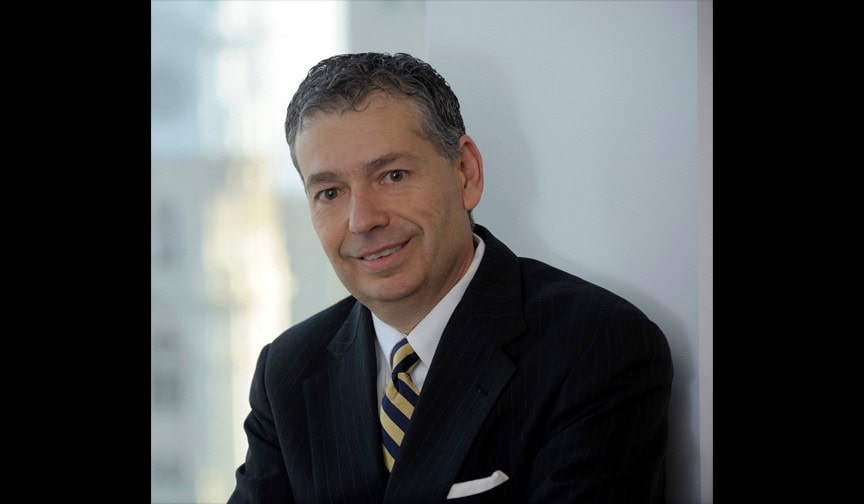
Stephen Pappaterra has a subspecialty in anti-bullying, which has become a pro-bono project for the 20-year Moorestown resident.

From the time Stephen Pappaterra was young, he’s stood up for the little guy. Pappaterra has never believed in dulling your shine to please others.
“You’re free to show up fully in whatever it is that makes you unique,” Pappaterra said.
Pappaterra’s life philosophy is now guiding his work as well. While his practice is in estate and financial planning, Pappetera has a subspecialty in anti-bullying, which has become a pro-bono project for the 20-year Moorestown resident.
From the time he was a kid, Pappaterra has had a bone to pick with bullies. As an athlete, he escaped bullies’ notice, but his childhood best friend was gay and often the target of bullying. He said he’s always felt a responsibility to stand up for those who may not be able to speak up for themselves.
“I’ve always felt like protecting the innocent,” Pappaterra said.
After high school, his twin brother became a certified trial attorney, but he never saw that as his path. A drummer since the time he was seven, Pappaterra wanted to become a professional musician, and even spent several of his post high school years playing regularly and giving music lessons while he worked part-time as a bank teller.
After three and half years, Pappaterra decided the musician lifestyle just wasn’t for him and went back to school to major in history. In 1987, the Robert Bork Supreme Court nomination hearings changed Pappaterra’s trajectory. At the time, he was selling trust and investment services for a bank, and watching the hearings unfold on the little television in his office. He felt captivated by the legal proceedings and decided to attend law school.
Upon graduating law school and passing the BAR, Pappaterra went to work in the trust and estate department at Archer & Greiner, P.C., in Haddonfield, but after a few years made his way back to banking, eventually becoming the national director of wealth planning for PNC.
When he left PNC, Pappaterra decided to focus on the things he loved — giving others a voice. Throughout his time at PNC, he was often a coach and mentor to his fellow employees, so he opened up his own speech coaching business. His former supervisor at Archer & Greiner asked him to join his firm Earp Cohn P.C., and so Pappaterra made his way back to the legal sector as well. Another passion project unfolded before his eyes shortly thereafter.
“In 2011, New Jersey passed what many consider to be the strongest anti-bullying law in the country giving legal protection to people that are experiencing bullying, and I thought this is an area where I can probably do some good,” Pappaterra said. “Most law work doesn’t have the whole social justice piece to it.”
When Pappaterra’s son attended Moorestown High School, he had another profound moment regarding bullying. More than a decade ago, the then-superintendent called for a Saturday conference encouraging parents to come out and hear about bullying. He said one woman got up and described, in detail, the abuse her son was experiencing.
“The response was so weak. It was nauseating,” Pappaterra said.
He thought to himself: “If it’s happening on an ongoing basis, the school has to put an end to that.” He said he came away from the conference feeling like the school wasn’t serious about putting an end to the bullying.
When the state legislature passed the Anti-Bullying Bill of Rights Act, stringent rules were put in place putting the impetus on schools to put an end to bullying. So Pappaterra decided to read up on it and position himself to help others. His goal is to make parents who feel like the school is not protecting their children aware of their rights.
“Somebody needs to help parents like this woman from years ago because when you get into these things it’s hard to see the forest through the trees,” Pappaterra said. “If there are people getting bullied and their parents can’t pay for it, I’ll do it. I don’t care [about the money].”
Between his speech coaching, pro bono work and music, Pappaterra said he’s trying to convey one simple message to people.
“You don’t have to hide that which makes you special,” Pappaterra said.









